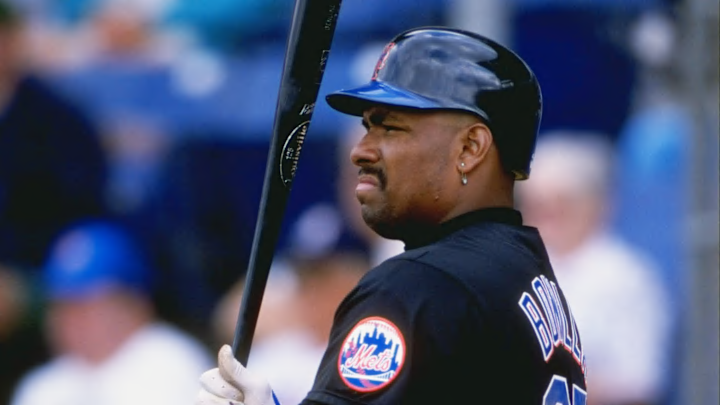You may have seen Bobby Bonilla trending on Twitter over the weekend. What could it be? Did Steve Cohen finally buy out his New York Mets contract?
As if! Cohen probably enjoys it. The deal is a reminder of the follies of the past. His hands are clean.
The reason Bonilla was trending was because of a tweet from ESPN about Ken Griffey Jr. Two players on two very different levels, each is receiving deferred payments. The Cincinnati Reds made the news because Griffey’s $3.59 million payment will be one of the highest on the team this year.
Ken Griffey Jr. is 53 years old and hasn't played in MLB in over a decade 😳 pic.twitter.com/3L3M79syrx
— ESPN (@espn) March 26, 2023
The Mets are paying Bobby Bonilla but they’re also spending on active players
For those curious, the three players making more than Griffey Jr. on the Reds payroll are Joey Votto, Mike Moustakas, and Wil Myers. Moustakas was DFA’d this offseason. Votto is at the end of his career. Myers was a free agent signing this offseason with the likely intention of trading him in the summer.
Meanwhile, the $1.19 million the Mets owe to Bonilla is one of their lower salaries. It’s not much higher than the league minimum. With inflation, increase in player payroll, and other economics, it’s not going to hurt even a frugal owner.
So why is it that Bobby Bonilla is the poster child for deferred payments? There are far more ridiculously high payments out there.
For Bonilla, it’s the fact that he was owed $5.9 million from the Mets at the time he was released. Rather than take the lump sum, he agreed to defer the payments for a decade. Receiving his $1.19 million every year from 2011-2035, he leveraged his way up to $29.8 million.
The deal was accepted by Fred Wilpon because of his investments in Bernie Madoff’s Ponzi scheme. What would’ve been an easy out for the Mets turned into an annual event of pointing and laughing.
The Griffey Jr. contract is one of the highest on the Reds payroll and it’s definitely more of a “now” than a “then” issue for their organization. That type of payment shouldn’t be your fourth highest. We don’t need to behave like Nelson Muntz with the Reds to tease them but it’s another reason to raise our eyebrows whenever anyone suggests the Bonilla contract is an ongoing issue. That’s a “then” problem we can laugh at, too, but only when we’re in the mood for it.
